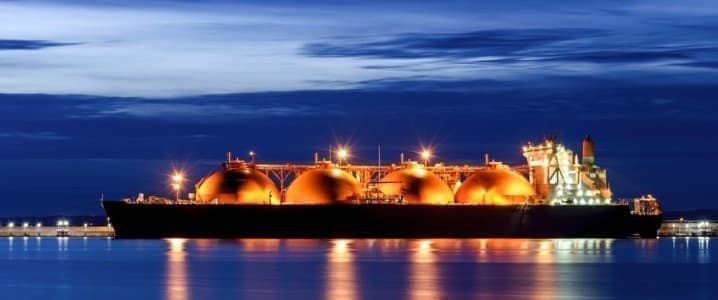
The European Union continues to be the largest buyer of Russian gas, even after sanctions were imposed following Russia’s invasion of Ukraine in early 2022. While the EU has promoted sanctions against Russian energy and encouraged other countries to do the same, it is facing criticism for its ongoing imports from Russia, particularly as some nations, such as China and India, have increased their purchases of Russian energy products.
Despite the EU’s efforts to reduce reliance on Russian energy, the bloc remains significantly dependent on Moscow for certain energy supplies. In recent weeks, U.S. President Donald Trump has threatened India with high tariffs if it does not curtail its imports of Russian energy. Trump has called for the EU to impose tariffs of up to 100 percent on India and China, aiming to limit the revenue Russia receives from its energy exports, which are crucial for funding its military operations.
In the first half of 2024, the EU imported approximately $5.3 billion worth of Russian liquefied natural gas (LNG), an increase from $4 billion in the previous year. This underscores the bloc’s struggle to fully disengage from Russian energy sources. The EU accounted for around 51 percent of Russia’s LNG exports and 36 percent of its pipeline gas exports, indicating its continued reliance on Russian energy despite its stated goals.
Some EU member states that support sanctions, such as France, Spain, and the Netherlands, have been purchasing significant volumes of Russian LNG. Conversely, countries like Slovakia and Hungary, which have expressed intentions to continue their energy trade with Russia, are also contributing to these import figures.
In August 2024, as the EU’s bilateral trade with Russia approached $80 billion, Indian officials criticized the U.S. and the EU for their threats of tariffs, pointing out the hypocrisy of their position while they continue to import Russian energy. Randhir Jaiswal, spokesperson for India’s Ministry of External Affairs, emphasized that India began importing Russian energy due to disruptions in its traditional supply routes, which were redirected to Europe following the onset of the conflict in Ukraine.
Despite months of silence, Indian Prime Minister Narendra Modi publicly denounced the targeting of India as “unjustified and unreasonable.” Jaiswal stated that India would take necessary measures to protect its economic interests, highlighting the double standards of Western nations that continue to engage in trade with Russia while criticizing India for its energy imports.
Furthermore, Trump’s administration has increased pressure on NATO allies to cease their purchases of Russian oil. In a recent statement, Trump expressed readiness to implement major sanctions against Russia once all NATO countries agree to stop buying oil from Moscow. This pressure aims to compel Russian President Vladimir Putin to end the ongoing conflict in Ukraine.
The ongoing situation highlights the complexities of global energy markets and the challenges faced by countries attempting to balance energy security with geopolitical considerations. The EU’s position as the largest buyer of Russian gas raises questions about the effectiveness of sanctions and the potential impact of tariff threats on international relations. As the situation continues to evolve, the need for a cohesive and effective strategy to address energy dependence remains paramount.






